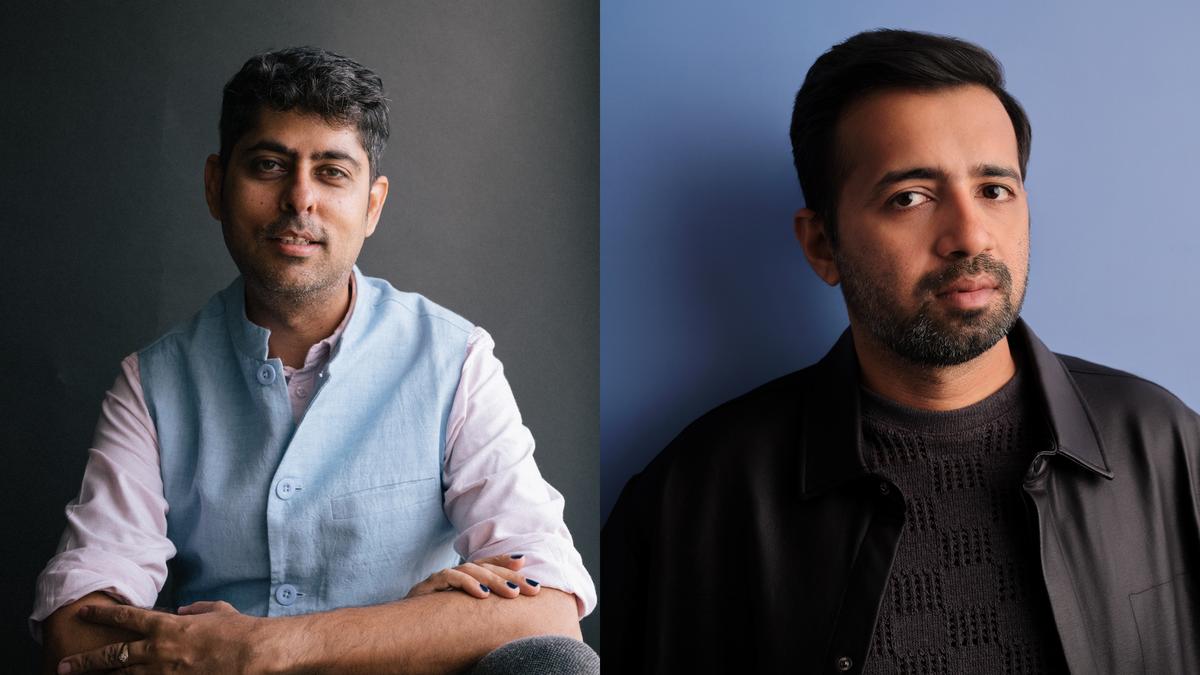
Varun Grover and Christo Tomy on being selected for 2024’s BAFTA Breakthrough India programme
The Hindu
Filmmakers Varun Grover and Christo Tomy being selected for 2024’s BAFTA Breakthrough India and how they plan on utilising the programme
Say what you may, the world has considerably shifted its gaze towards Indian cinema. There’s been a momentous shift in how global audiences consume Indian content, and the fruit of this reinvigorated momentum is the BAFTA Breakthrough India, which is The British Academy of Film and Television Arts‘ flagship talent scheme that aims to support talents from film, gaming, and television.
The list of nine young Indian talents selected for 2024-25 includes writer-director Varun Grover, for his incredibly poised take on the IIT-ian dream in All India Rank, and Christo Tomy of Ullozhukku-fame, for his Netflix documentary Curry & Cyanide: The Jolly Joseph Case. This is no small feat! A selection to the BAFTA Breakthrough program opens a whole avenue of opportunities for these creators — from voting membership and access to BAFTA events and screenings to a year of support, industry introductions and career development, and ultimately a chance to boost their profiles on the global arena.
For Varun, the selection primarily serves as a moral boost to indie filmmakers like himself, as it “makes people take you more seriously.” The selection, he adds, also makes the indie filmmaking journey a little less lonely. “You have a cohort — the people selected alongside you. You start bonding, talking about ideas and collaborations. It also opens a big window to filmmakers worldwide, those associated with BAFTA, and others to which BAFTA has access. Every filmmaker we look up to is associated with BAFTA in some way,” he says.
Christo, meanwhile, reflects on the long journey it has taken for him to reach this stage. “After graduating from the Institute (Satyajit Ray Film and Television Institute) in 2016, it took eight years to finally work on projects like Curry & Cyanide. This is a significant achievement for me,” he says.
Both the filmmakers seem quite elated over the opportunity to meet imminent filmmakers and pick their brains. “I’m treating this as a year-long mentorship program. I can request specific mentors, speak with them, and learn from their expertise. This — along with access to program teams, screenings, and the library — is a huge resource. My goal is to use this in a structured way to build towards what I want to achieve in my filmography over the next few years. I know who I want to talk to and the knowledge I need for my plans,” says Varun.
Both filmmakers credit the new wave of popular Indian titles in the international arena for paving the way for such broader avenues. “Every year, at least one Indian documentary makes it big at international festivals. This year, for instance, started with Girls Will Be Girls winning an award at Sundance, followed by Nocturnes which also created ripples. Indian documentaries have made it to either the shortlist or the longlist at the Oscars,” says Varun, adding that while the age old perception of Indian cinema being restricted solely to song-and-dance narratives still exists, the diversity of the country’s filmmaking still shines through.
Varun perceives a refreshing energy among filmmakers these days. “Unlike in the ’80s and ’90s, when indie filmmakers worked with limited resources out of necessity, today’s filmmakers have access to more opportunities. For instance, All We Imagine As Light has five international producers and is cutting-edge technically. It’s a contained film — not flashy or trying to dazzle — but it could be in any language and still resonate globally,” he says, adding that such a change was long overdue.











